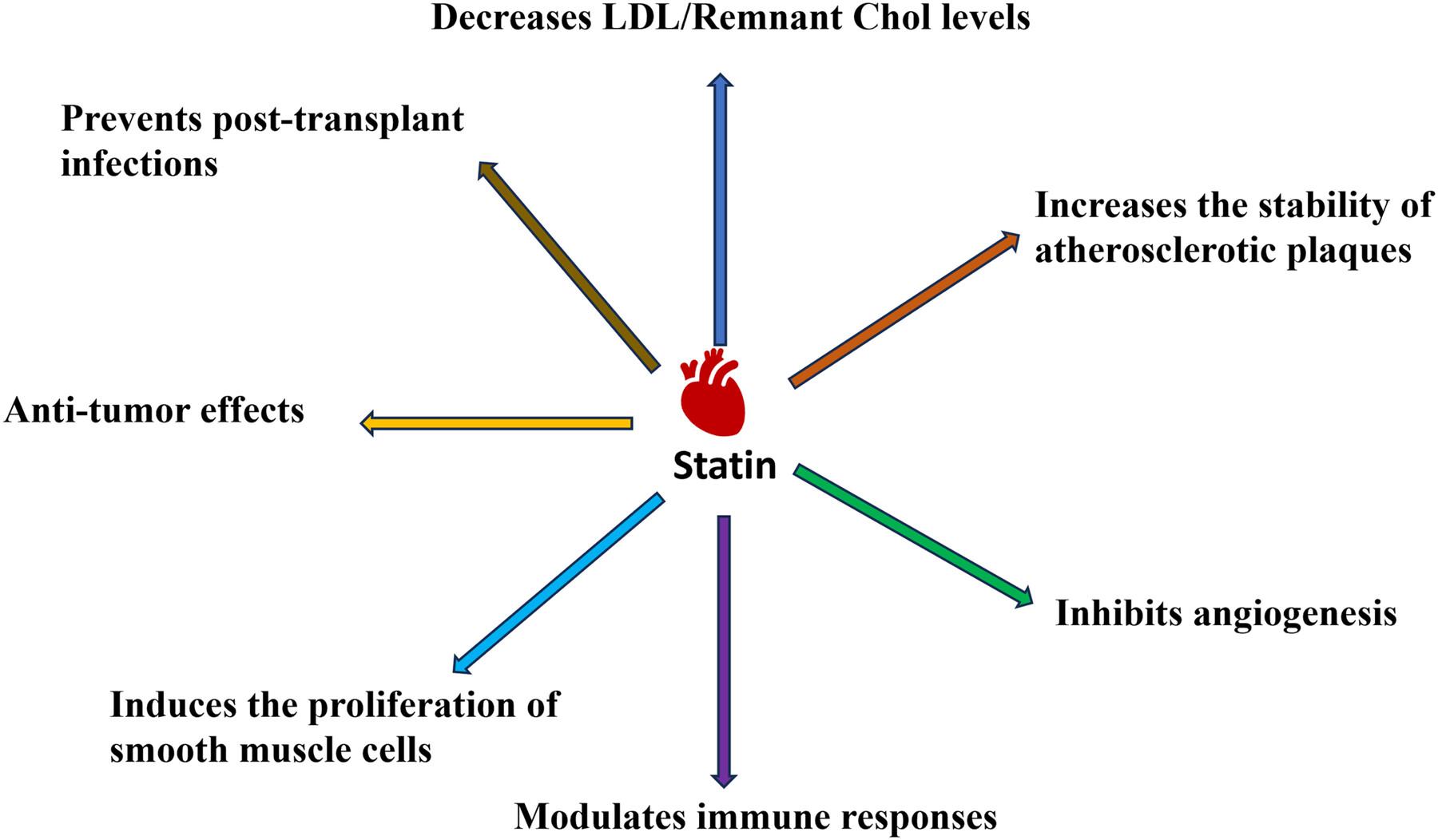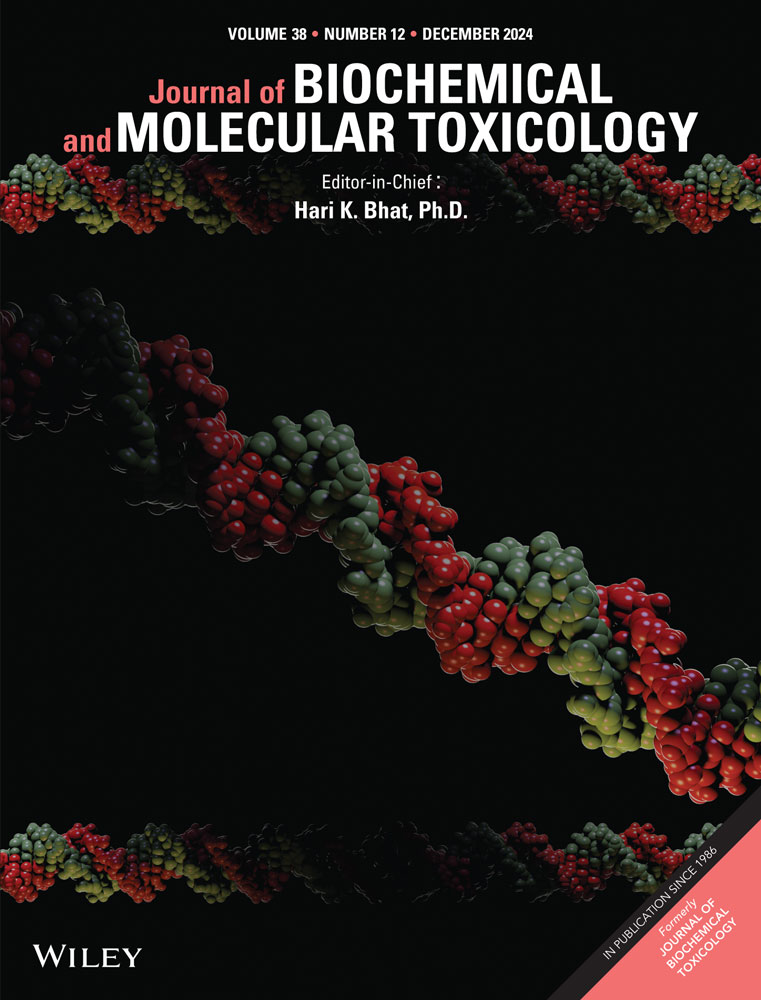Optimizing Outcomes in Heart Transplantation: The Role of High-Intensity Statin Therapy
Abstract
Heart transplantation is a vital procedure for patients with end-stage heart failure, but it faces significant challenges, including graft dysfunction, rejection, and cardiac allograft vasculopathy (CAV), which can compromise long-term graft success. Research suggests that statin therapy may offer significant benefits to heart transplant recipients, such as improved long-term survival and reduced rates of graft rejection and mortality. The aim of this review is to thoroughly examine the recent literature on this topic since 2005. Early use of high-dose statins appears to be particularly effective in preventing vasculopathy and improving outcomes, although a titrated approach may help to reduce side effects. High-dose statins may provide superior cardiovascular benefits, including lower rates of CVD, slower progression of CVD and improved long-term graft survival. Despite potential concerns about adverse effects, evidence suggests that high-intensity statins improve cholesterol levels without increasing serious adverse events after transplantation. The goal of statin therapy in heart transplant recipients is to balance the well-established benefits seen in the general population with the specific needs of this group, with the ultimate goal of improving both longevity and quality of life.


 求助内容:
求助内容: 应助结果提醒方式:
应助结果提醒方式:


